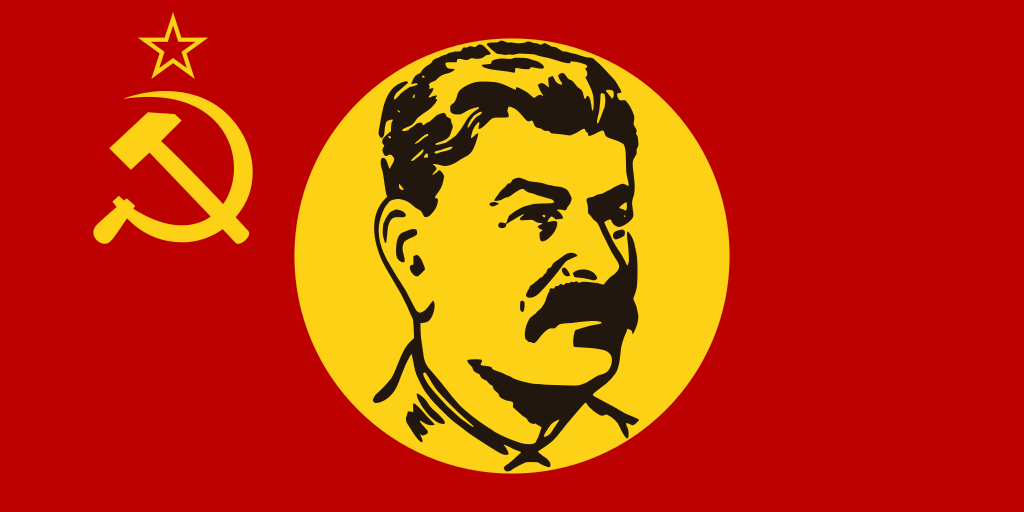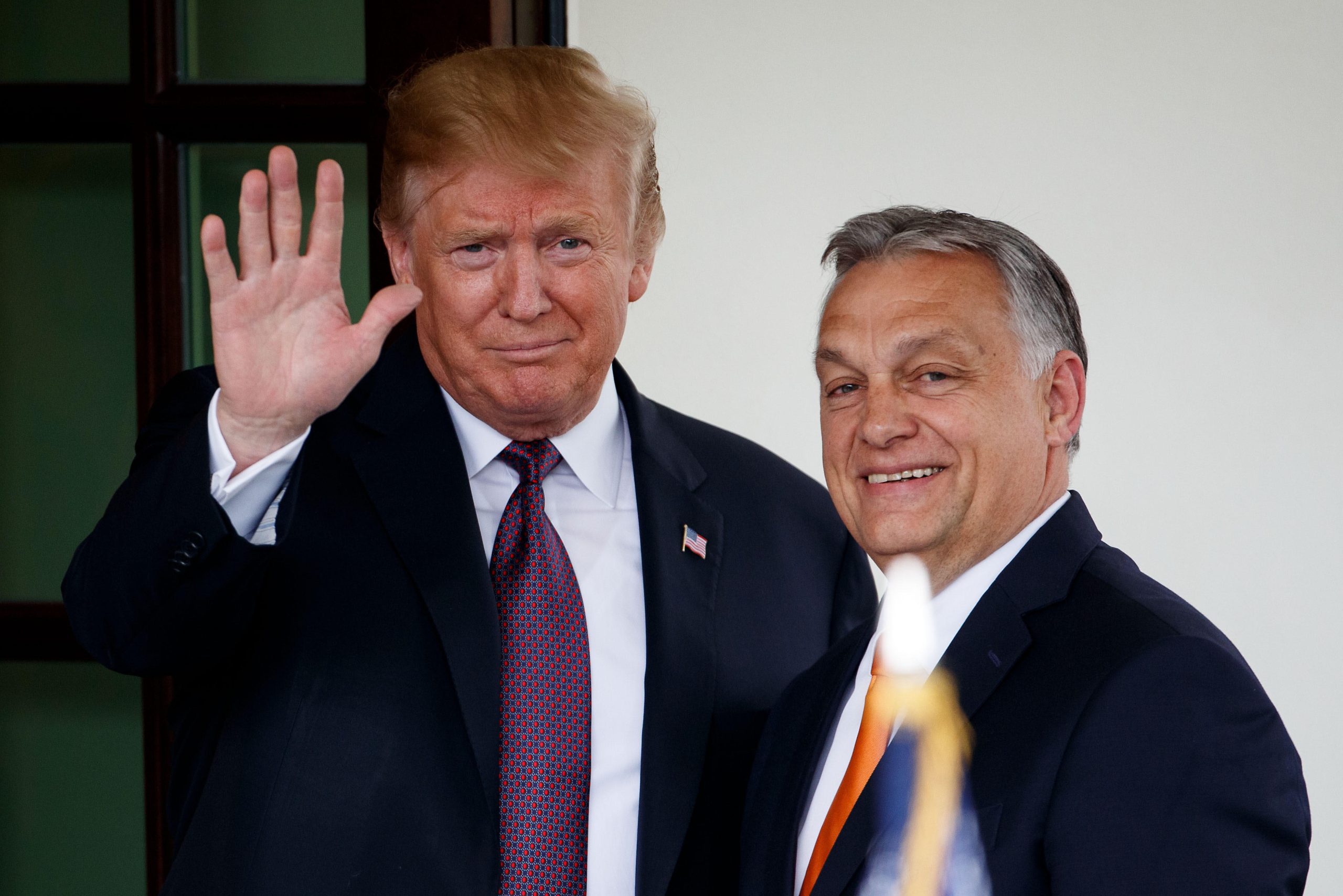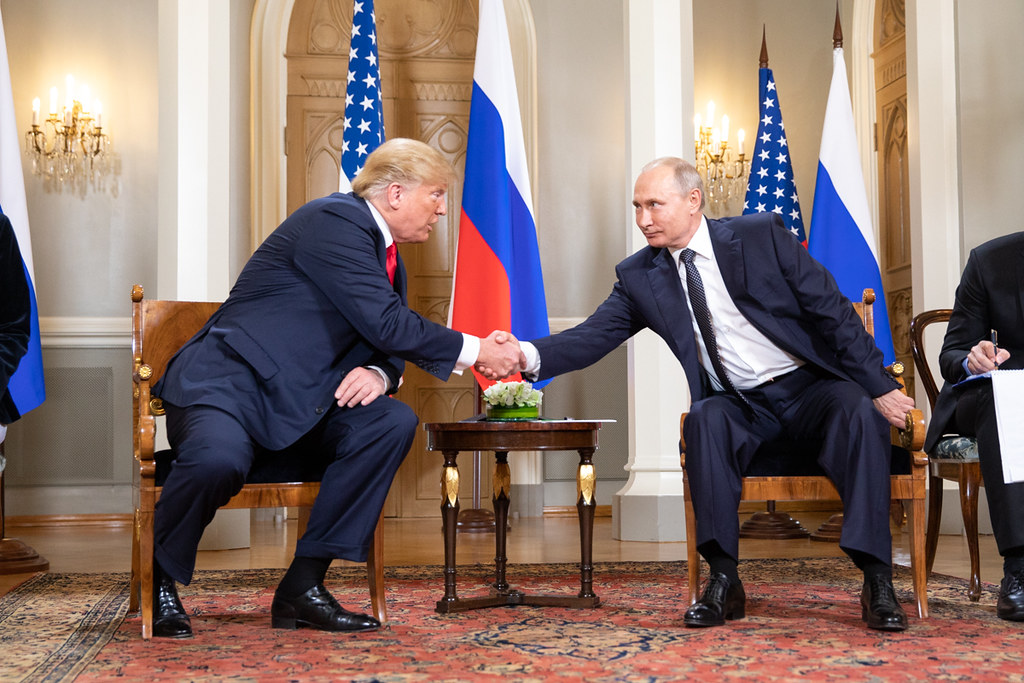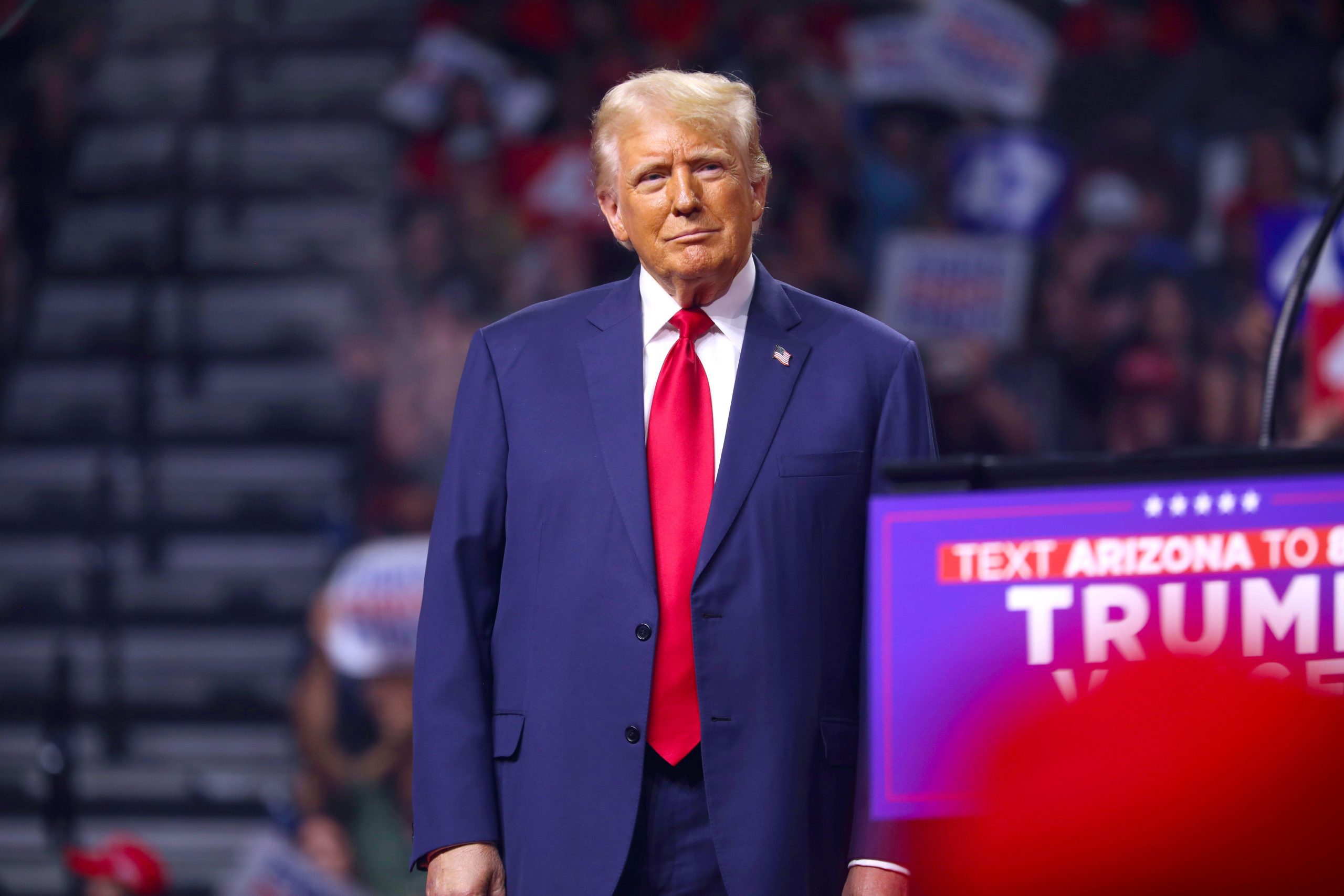Brazil is close to passing the world’s first internet bill of rights. The Marco Civil da Internet aims to guarantee basic protections for internet users. In development since 2009, the civil regulatory framework was created through public consultation and has undergone many changes, eventually reaching the Brazilian Chamber this year. The bill has catapulted Brazil to a progressive position in digital policymaking, potentially serving as a model for other countries trying to balance user rights against interests of online companies and law enforcement. The crucial vote will take place in Brazil’s Congress on 19 September.
“The report was prepared after listening to experts in several public hearings throughout Brazil, offering the opportunity for all segments to demonstrate about the use of the internet,” President of the Special Committee of Marco Civil, João Arruda said. He continued: “The important thing is that our legislation will ensure the basic rights of internet users, such as freedom of expression, privacy and network neutrality.”
“[Users will know] that their personal data will be protected, their privacy will not be violated, what they will be free to browse and that they will not see their connection degraded (with a slow speed) without justification,” adds Guilherme Varella, a lawyer with the Brazilian Institute for Consumer Protection (IDEC). “Net neutrality becomes a basic principle, providing equal conditions for navigation.” Indeed, if the bill is adopted, Brazil will be one of the first countries to guarantee net neutrality in South America, protecting the right of consumers to access content, applications, services and hardware of their choice without restrictions imposed by Internet Service Providers (ISPs) or governments.
“It also ensures freedom of expression,” Varella says. “It stipulates competently responsibility of the users and providers of content posting and removal, brings more transparency to this dynamic (…) For all that, the Marco Civil is essential and should be approved, as soon as possible, by the Federal Congress.”
“[It] will work in Brazil as a kind of constitution for the internet,” Alessandro Molon, Rapporteur of the Special Committee of Marco Civil, said: “A sort of bill of rights and duties, principles and guarantees of the internet as a whole. That is why I am working hard so that the vote takes place as soon as possible and Brazilians may have this bill of rights protecting the essential features of the internet, so that it remains what it is and what it should be: free, open, democratic, decentralised and so on.”
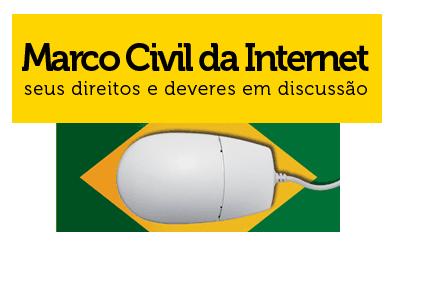
Marco Civil da Internet | Cultura Digital | CC: BY-NC-SA
On 24 August 2011, the Marco Civil was sent by the Presidentl to the Chamber of Deputies, the lower house of Brazil’s Congress before which bills are laid.
A brief controversy arose over the bill’s wording, notably its implications for net neutrality, and local telecommunications companies have strongly opposed elements of the framework. However recent changes to the bill made clear measures to protect users’ personal data and to require ISPs to inform the public of content removal.
What makes the Marco Civil unique is the way Brazilian civil society has mobilised to get it approved and worked together to galvanise public support. During the Second Forum on the Internet, activists drafted and handed a letter of approval and 30 Brazilian and 18 international organisations came out in support.
The importance of the internet freedom movement was highlighted when we realised that the government is prioritising a vote on cybercrime laws over Marco Civil. The cybercrimes bill, created as an alternative to PL84/99 (the Brazilian version of SOPA), will face a vote on 19 September, the same day as the Marco Civil vote. Despite a survey by Mega Não showing cybercrime affected only 0.44 per cent of internet users in Brazil last year, the current government favours of corporate interests over digital freedom.
This agenda is not unique to Brazil: similar battles are due to take place at the end of the year at the World Conference on International Telecommunications in Dubai. Yet the internet is too important to be subjugated to government or economic interests.
Molon believes that the bill “is making an important contribution not only to protect the internet in Brazil, but also to protect the future of network worldwide.”
19 September will see if that contribution will become a reality.
João Carlos Caribé is an internet activist in Brazil and leader of the Mega Não campaign against internet censorship. He tweets at @caribe

